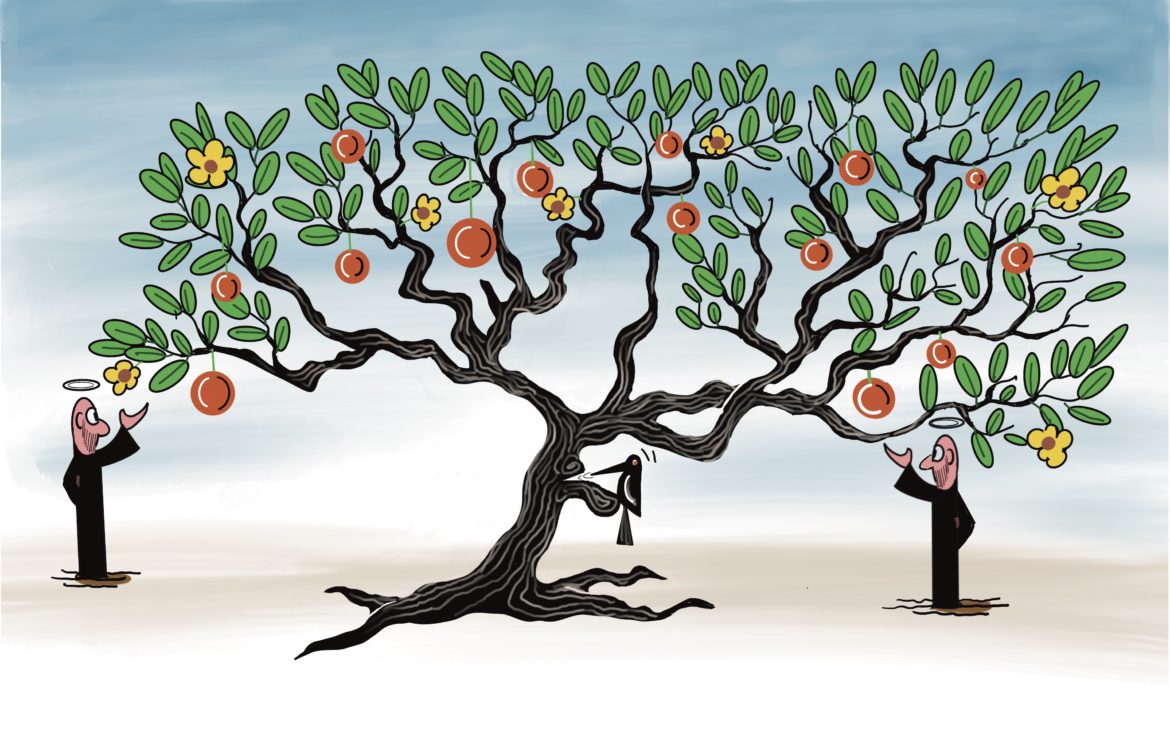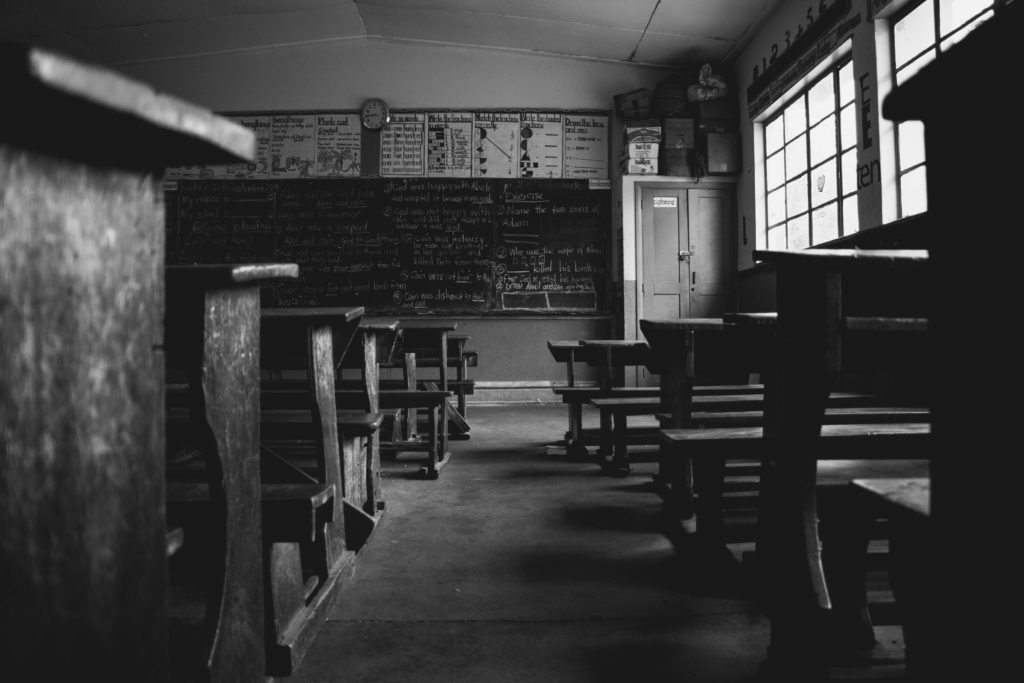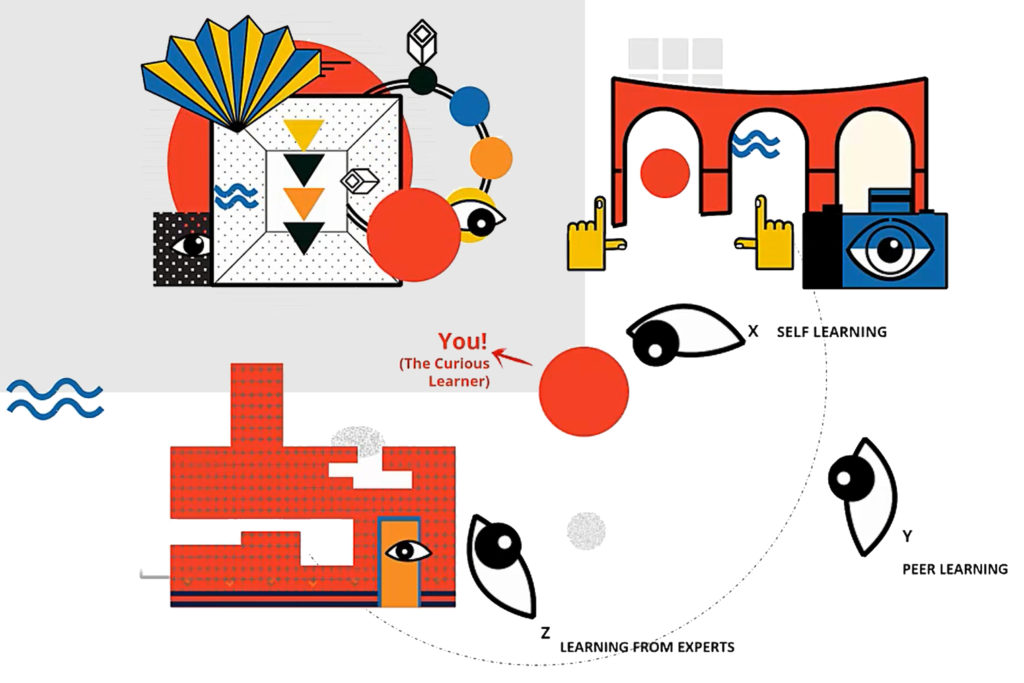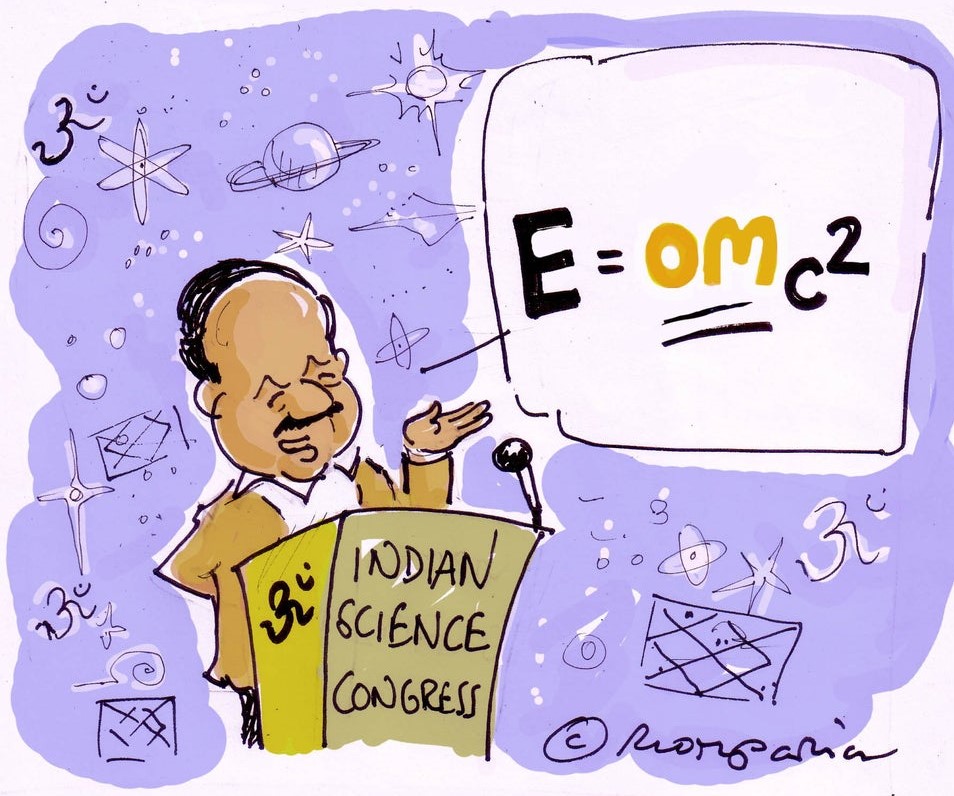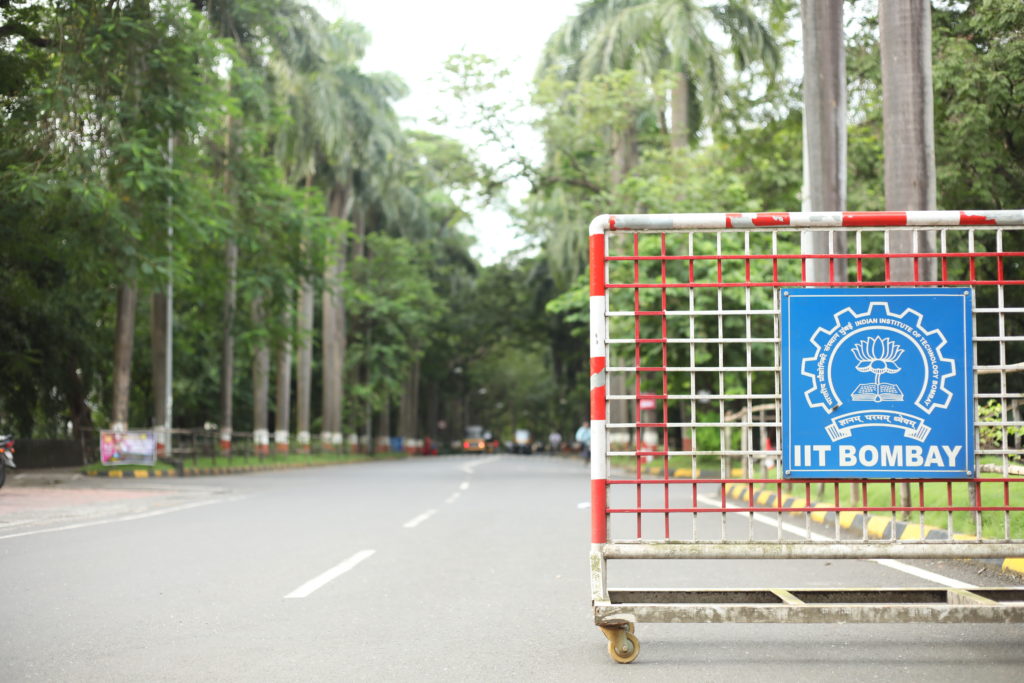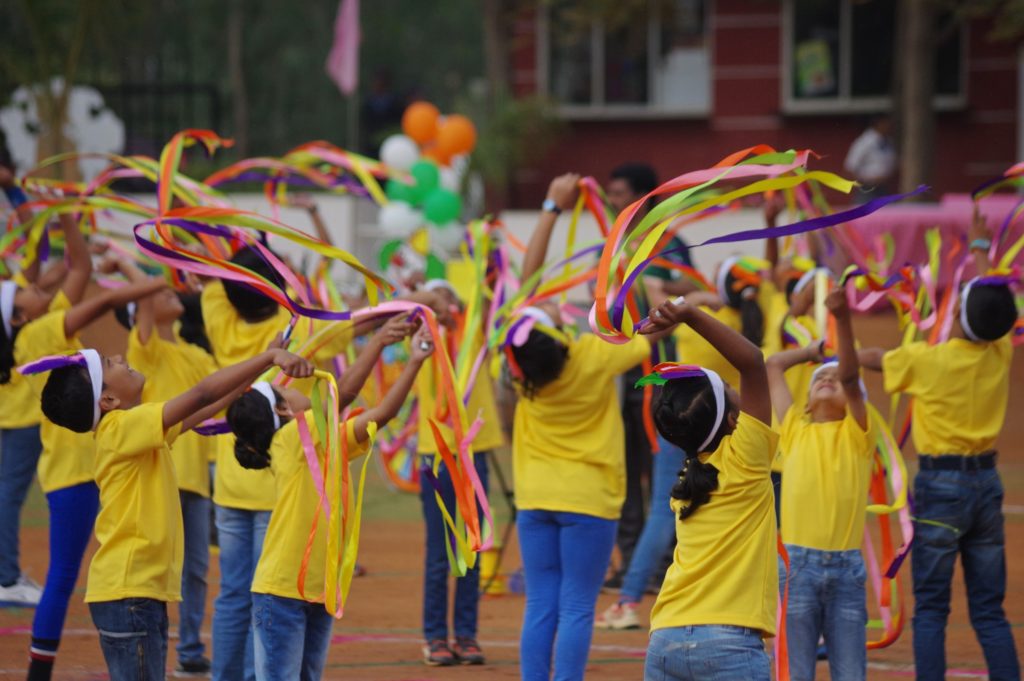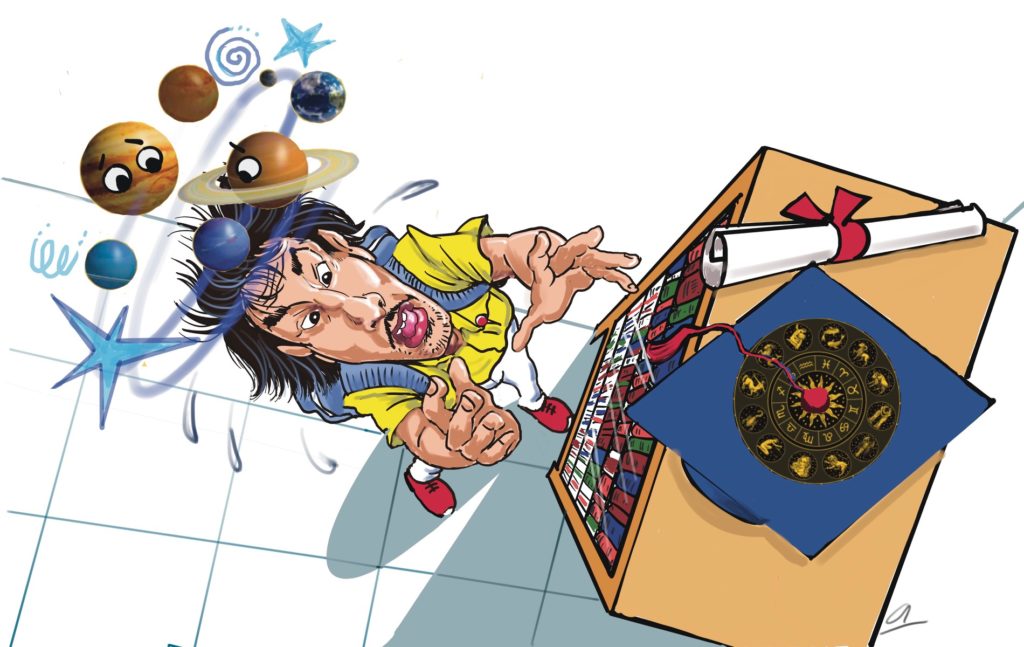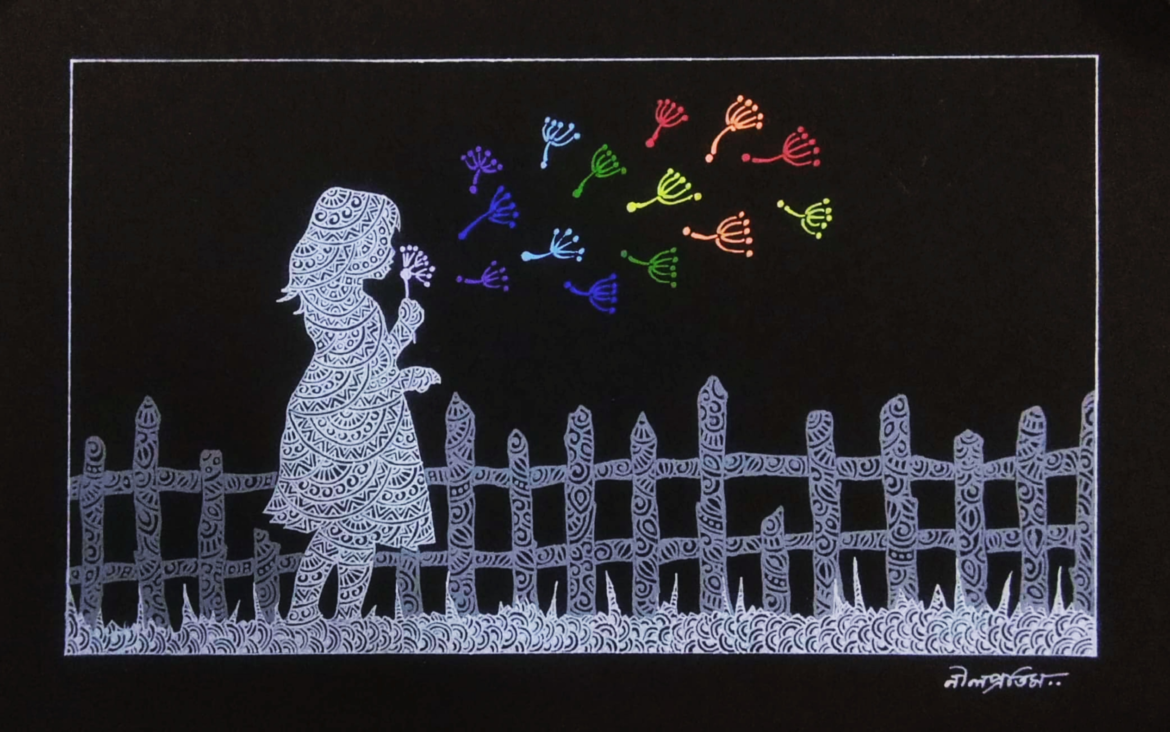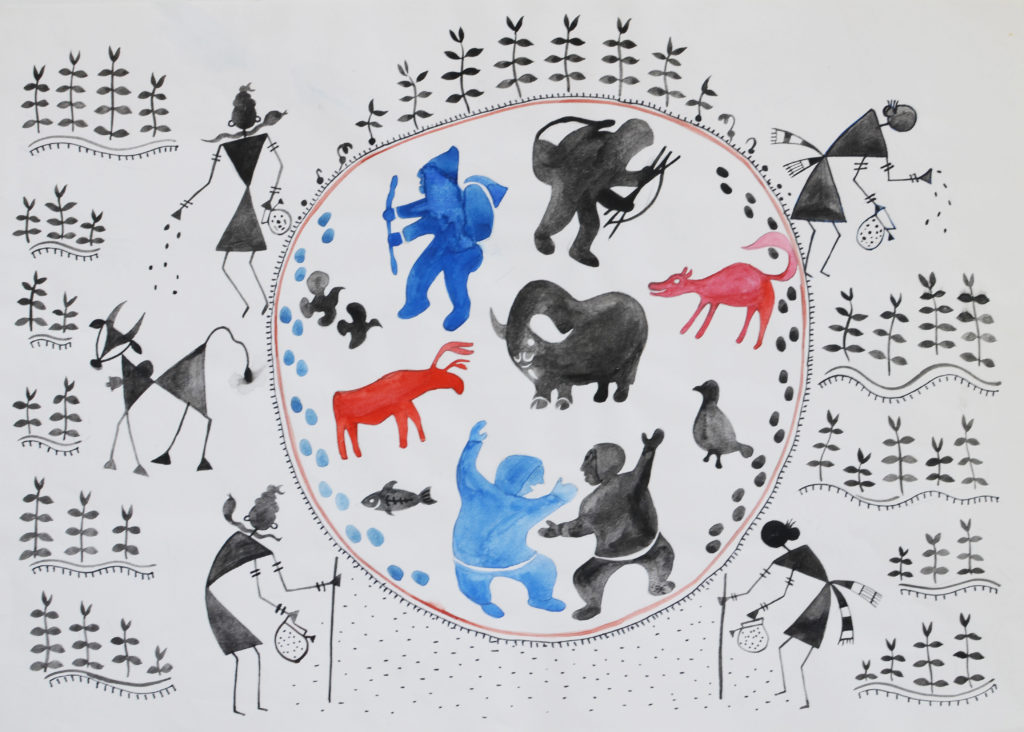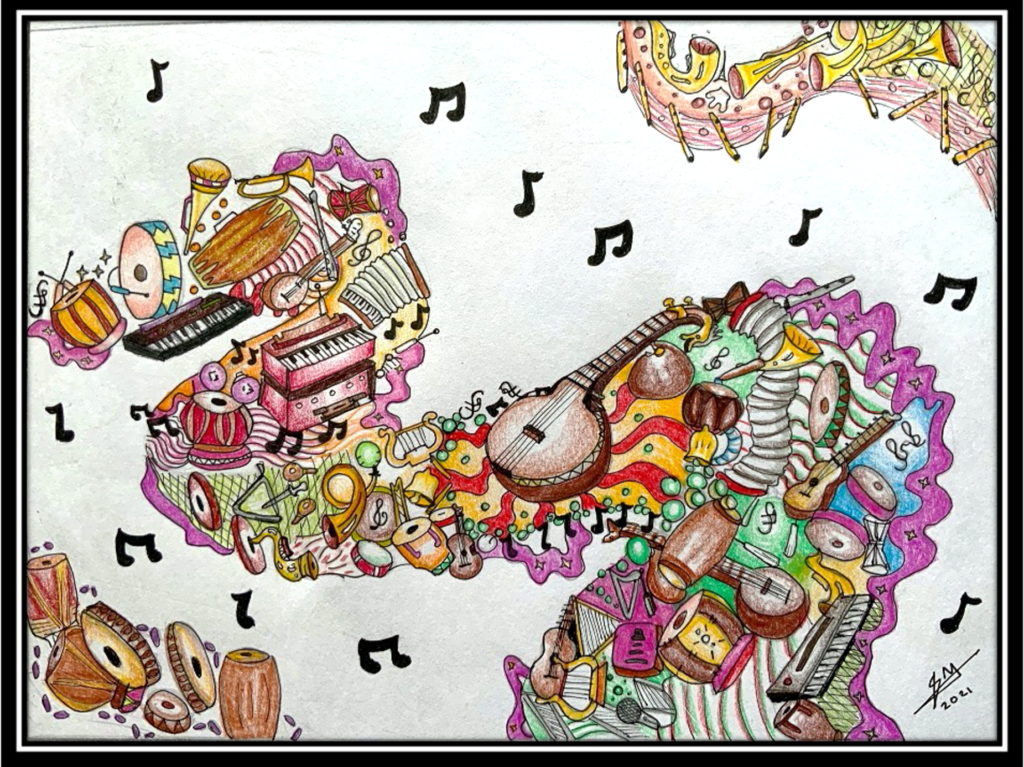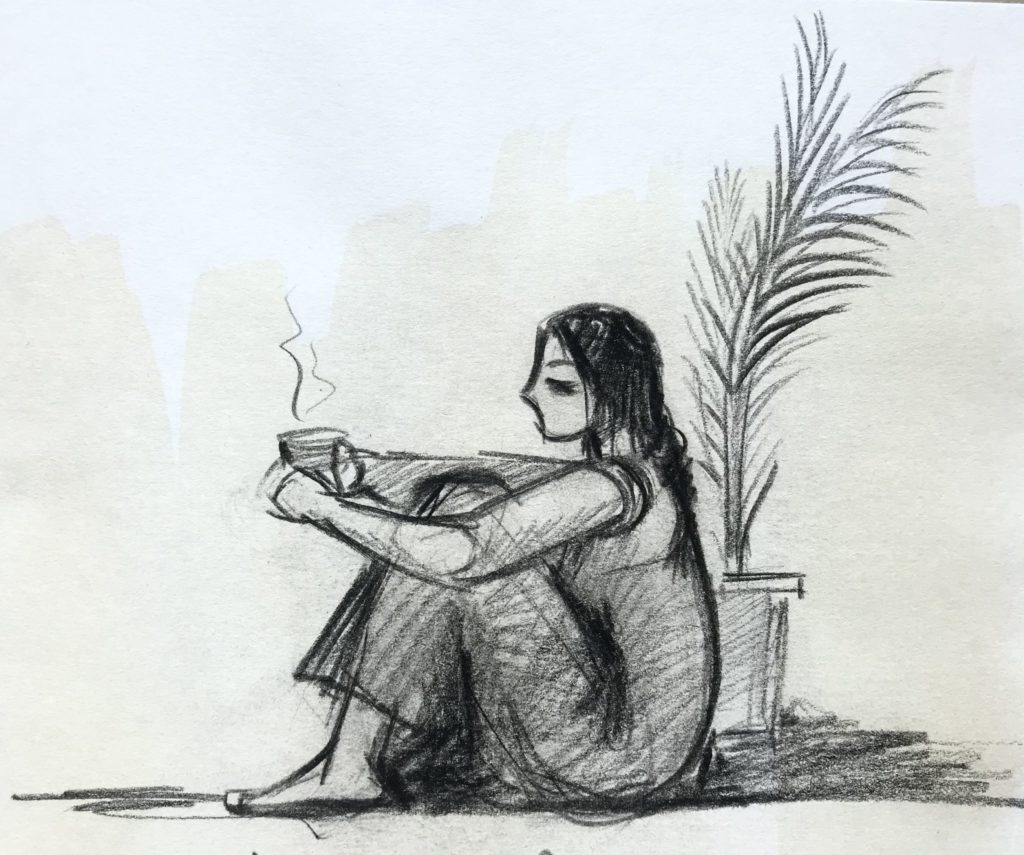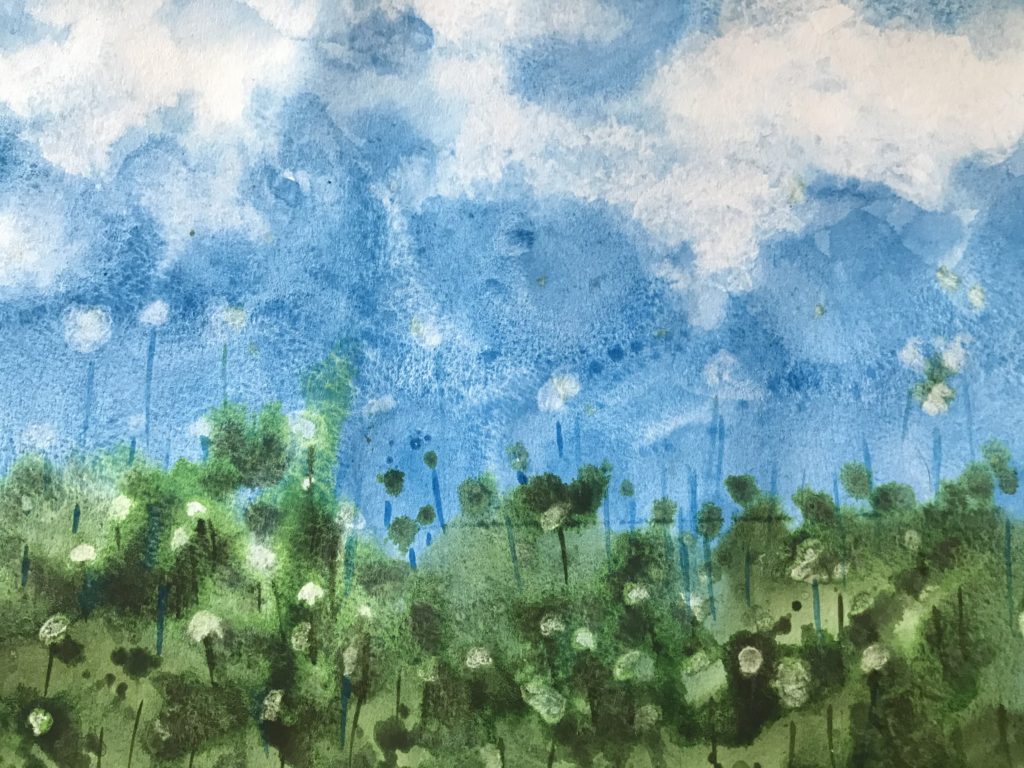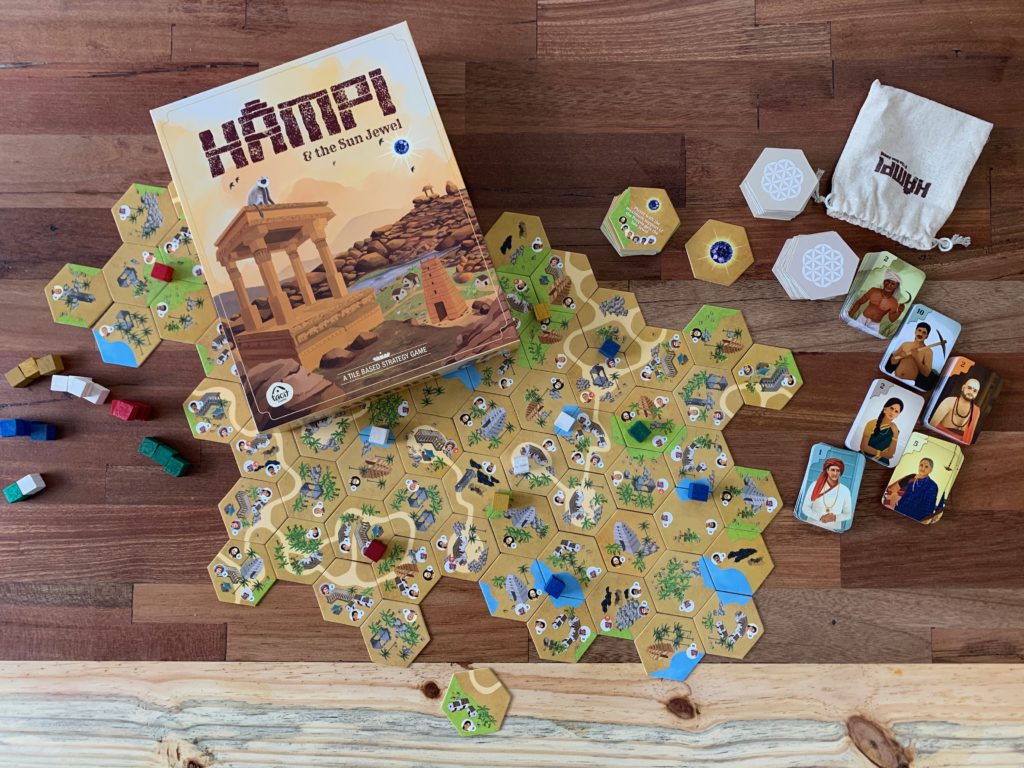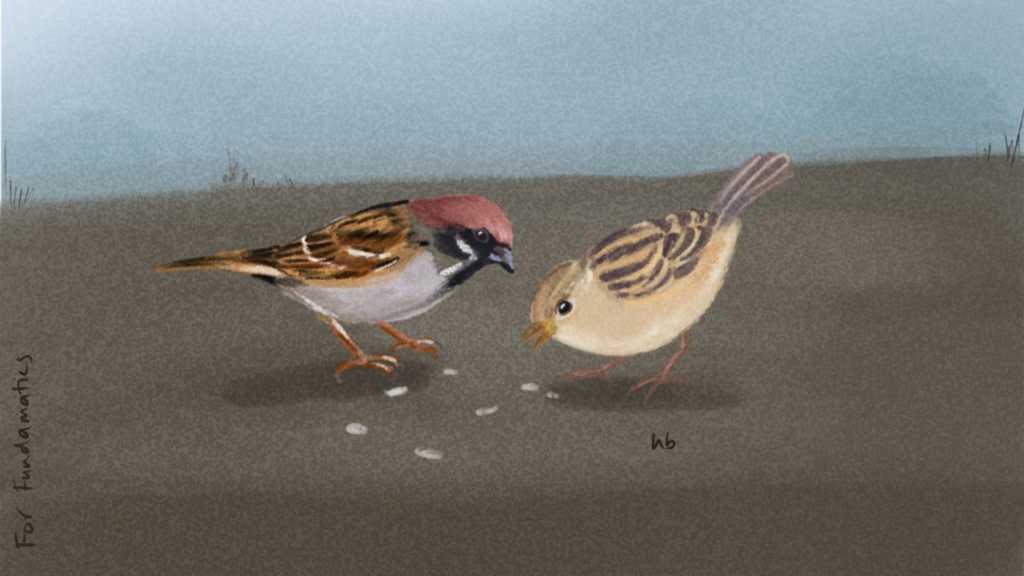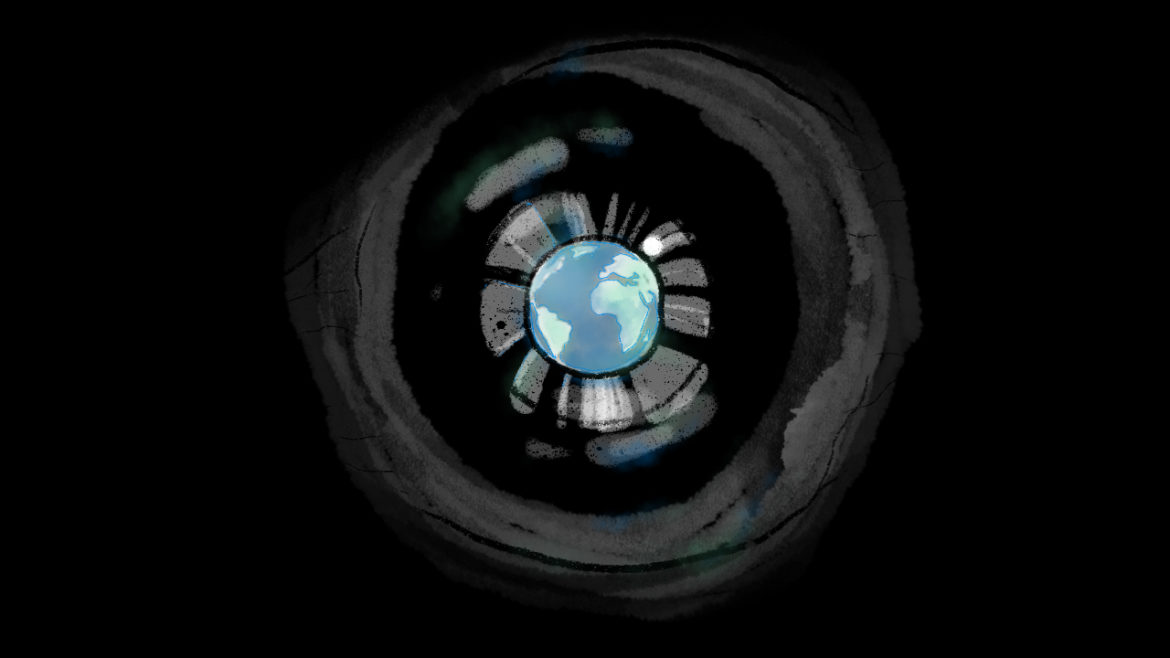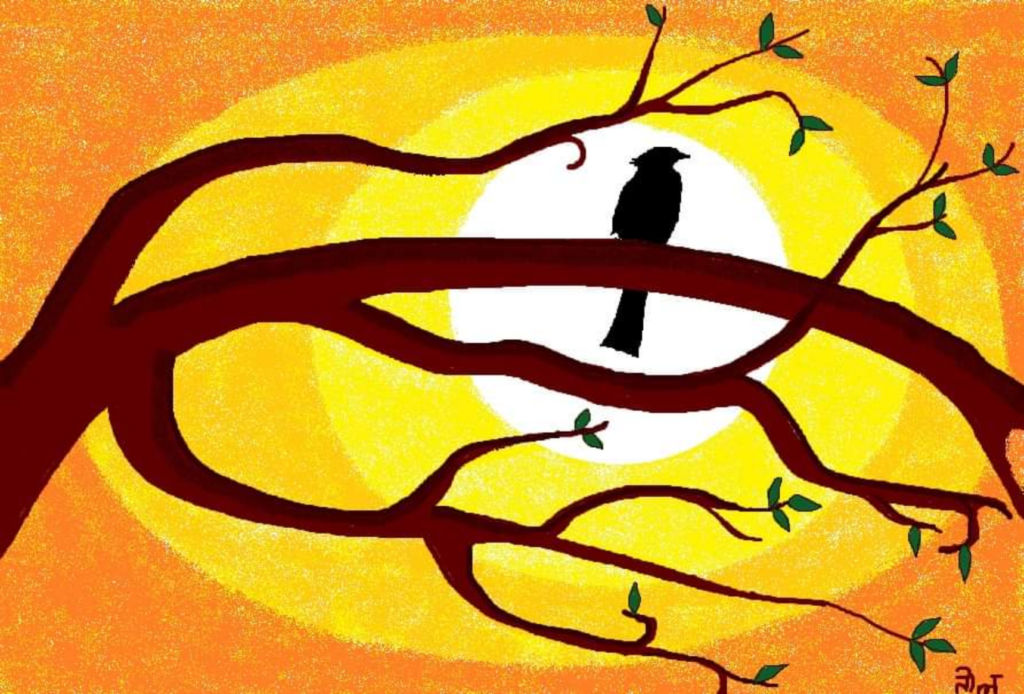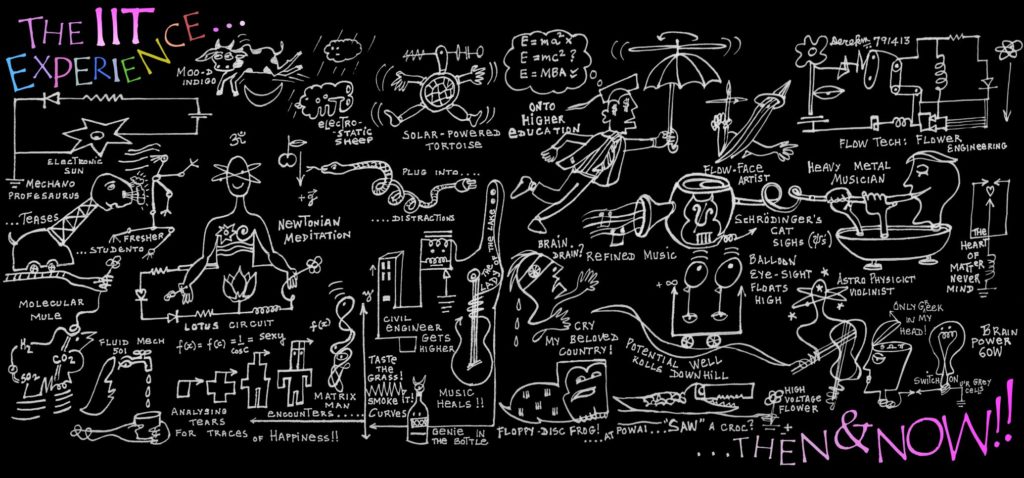Artwork by Prof. Arun Inamdar
Education is the theme of this issue of Fundamatics, a theme that is prompted by the announcement of the New Education Policy (NEP) by the government. Ashok Kamath takes a deep dive into the implications from his unique perspective as an alumnus, a technology manager and a founder of Akshara, an NGO. He notes that the NEP has a strong focus on Foundational Learning & Numeracy (FLN), which is sensible and reassuring. Sensible because the 3 R’s (Reading, Writing and Arithmetic) have always been considered the foundation of any formal education system and reassuring that the only ‘masterstroke’ here is replacing one acronym with another. Hopefully, no foundational damage was done. But the elephant in the room that no one is talking about is Resources. Without increased allocation for HRD — sorry, Education, one is left with serving the tinier pieces of the small pie between an increasing number of plates. One is reminded of the wisdom that reducing poverty is all about ‘increasing the size of the cake’. Apparently, this brilliant insight is forgotten when making an allocation for HRD — sorry, Education. One hopes that this name change implies restoring a broader understanding of the word Education. Recall that the original Ministry of Education was renamed HRD under a prime minister who famously said, ‘Those who can, do. Those who can’t, teach.’ One hopes that the value of teachers’ contribution will be restored too.
Anurag Mehra shines a light on the stark reality that is our Education System, in characteristically biting language. He underlines the various ills that our fancy policy documents choose to bury. He describes what is basically an under-resourced operation trying to cope with massive numbers. Inevitably, teachers are as much a part of the problem as they will be a part of the solution.
Education is the theme of this issue of Fundamatics, a theme that is prompted by the announcement of the New Education Policy (NEP) by the government.
The ‘Mecca of Merit’ that are IITs have made little if any difference to improving equity and representation in Indian society. But as Parthasarathy describes, IITB is trying to make a difference though it is far from where it should be.
Digital is a tool not a solution in itself. For all the advantages of this tool, it is two-dimensional so its value in conceptualising three-dimensional space and design is a challenge. Sonam Ambe describes an exercise in teaching architectural design online. One can see the innovation and creativity involved in design teaching under the constraints imposed by Covid-19.
Parents of school-going children will find resonance in Ravi Banavar’s lyrical angst, a lived story of hopes only partially fulfilled. Akshay Saxena and Krishna Ramkumar share their journey of the founding of Avanti Fellows and Avanti Learning Centres giving us a glimpse of what needs to be done beyond fancy policy documents.
While the spotlight has been on NEP, what has been happening away from the spotlight is not pretty. The Ministry of Education has decided to create a board for the promotion of Vedic Education on the lines of NCERT. The need for a separate board is a moot point but awarding a private player the right to set up such a board has the makings of another scam. The less said about it the better, so we will not sully this issue on Education with it. Arun Inamdar’s cover illustration describes it well. The people waiting in expectation of abundant fruit from the Tree of Knowledge, while a nasty pecker drills into its slender stem.
Ali Baba returns after a long hiatus to make a plea for Reason. Uncharacteristically, he cannot find humour in the dismal response to the pandemic. While on the subject of Reason, the poet in Varun Sahni was inspired by the newly introduced academic program in Astrology to dream of a career. Don’t miss his poem.
